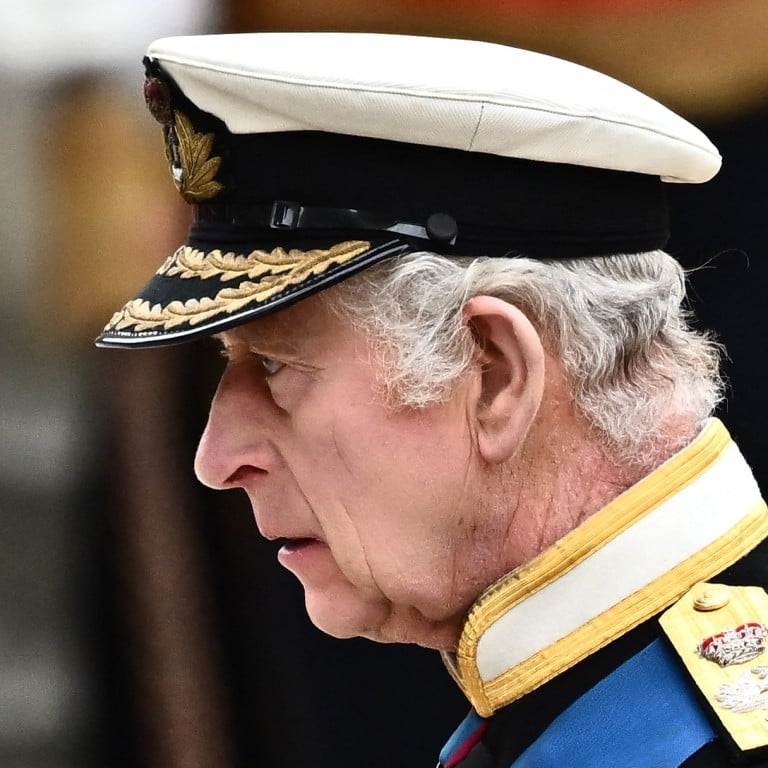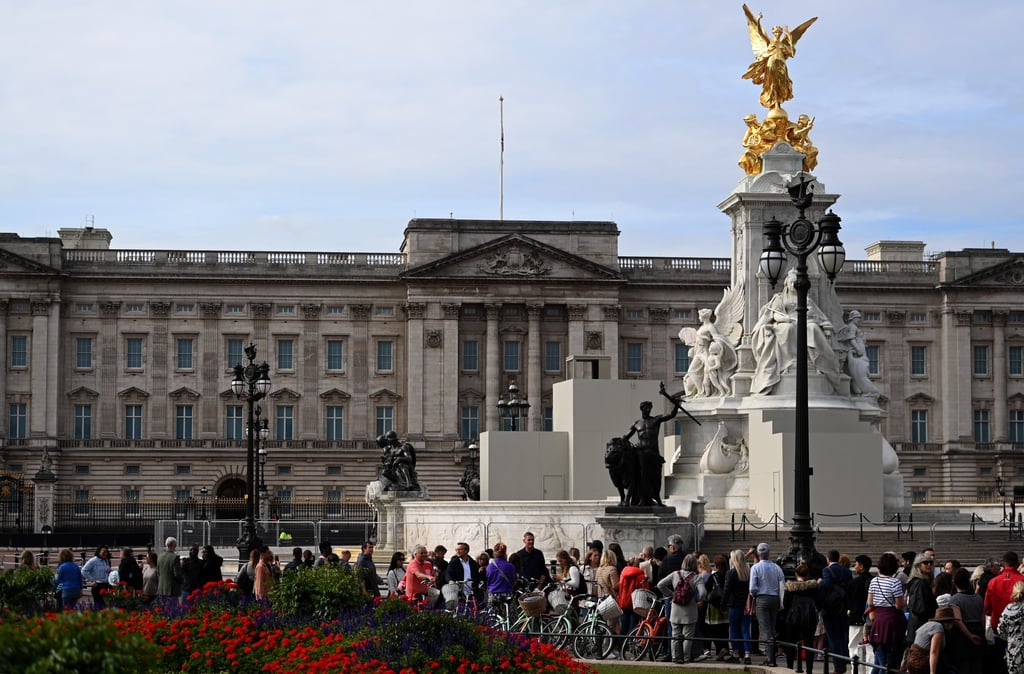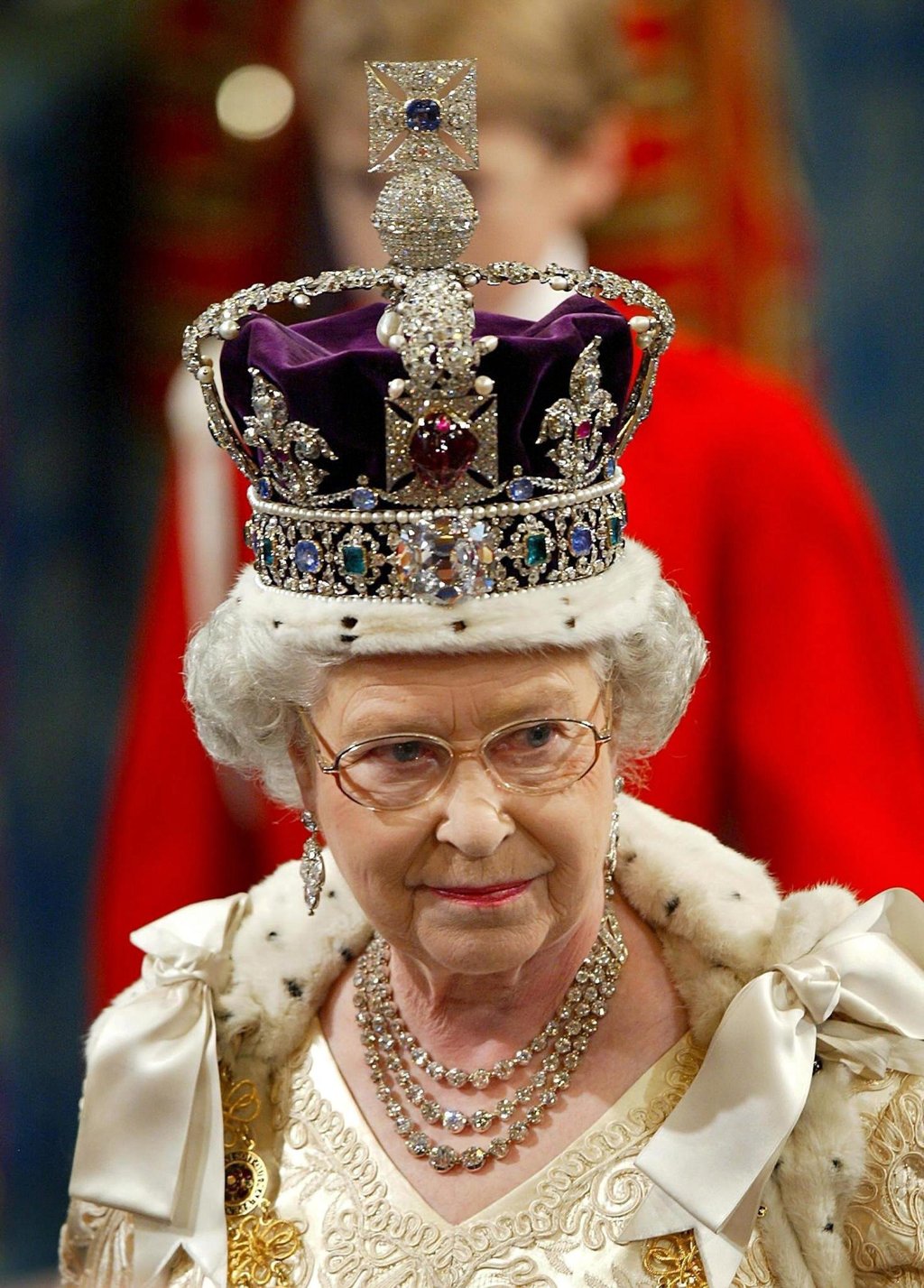Explainer / What is the British monarch’s job and why do taxes support it? King Charles took the throne after Queen Elizabeth’s death, sparking debate about the royal family’s multimillion-dollar Sovereign Grant

- Like the late queen, King Charles’ role includes regular meetings with Prime Minister Liz Truss, travels for engagements on behalf of the Commonwealth and more
- Profits from the royal family’s Crown Estate (like Buckingham Palace) go to the government, but they receive 25 per cent of it back in the form of a grant
Although most of the world knows the queen’s son is the new monarch, it’s not clear to many what exactly the king does, particularly because the United Kingdom has a parliament.

King Charles will serve as head of state and head of nation in his new role, which consists of both formal and symbolic responsibilities. Let’s take a closer look …
King Charles became Britain’s head of state following Queen Elizabeth’s death
The United Kingdom is a constitutional monarchy, so King Charles will not make laws in his new role, as that power lives with parliament, The New York Times reported.
Instead, the king is head of state and head of nation, according to the royal family’s website. The titles sound similar, but King Charles will function differently in them.
Head of state refers to the UK monarch’s “constitutional and representational duties, which have developed over one thousand years of history”, as the royal family website states.

As head of state, the sovereign opens each new session of parliament and approves orders and proclamations via the Privy Council. The monarch also grants Royal Assent, which formally makes bills into law. The sovereign stays neutral on political matters as well, and typically they do not vote or stand during elections, the royal family’s website states.
Historically, the monarch has also had a close relationship with the British prime minister as head of state, meeting with the leader regularly. Many prime ministers described their meetings with the queen as a source of comfort, as they said they could freely speak their minds to her.